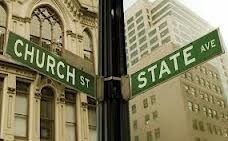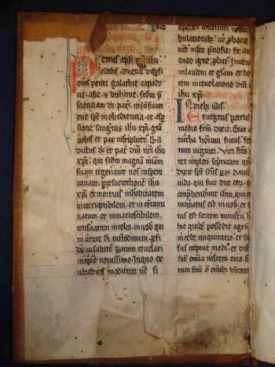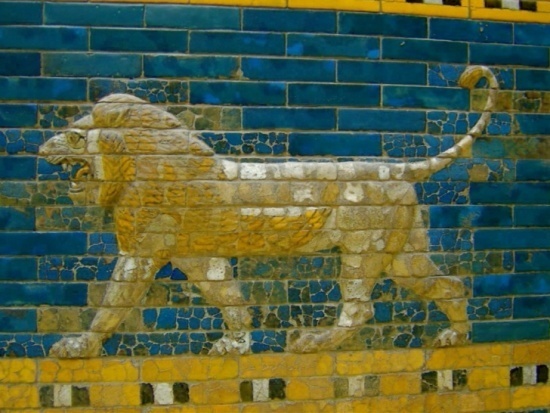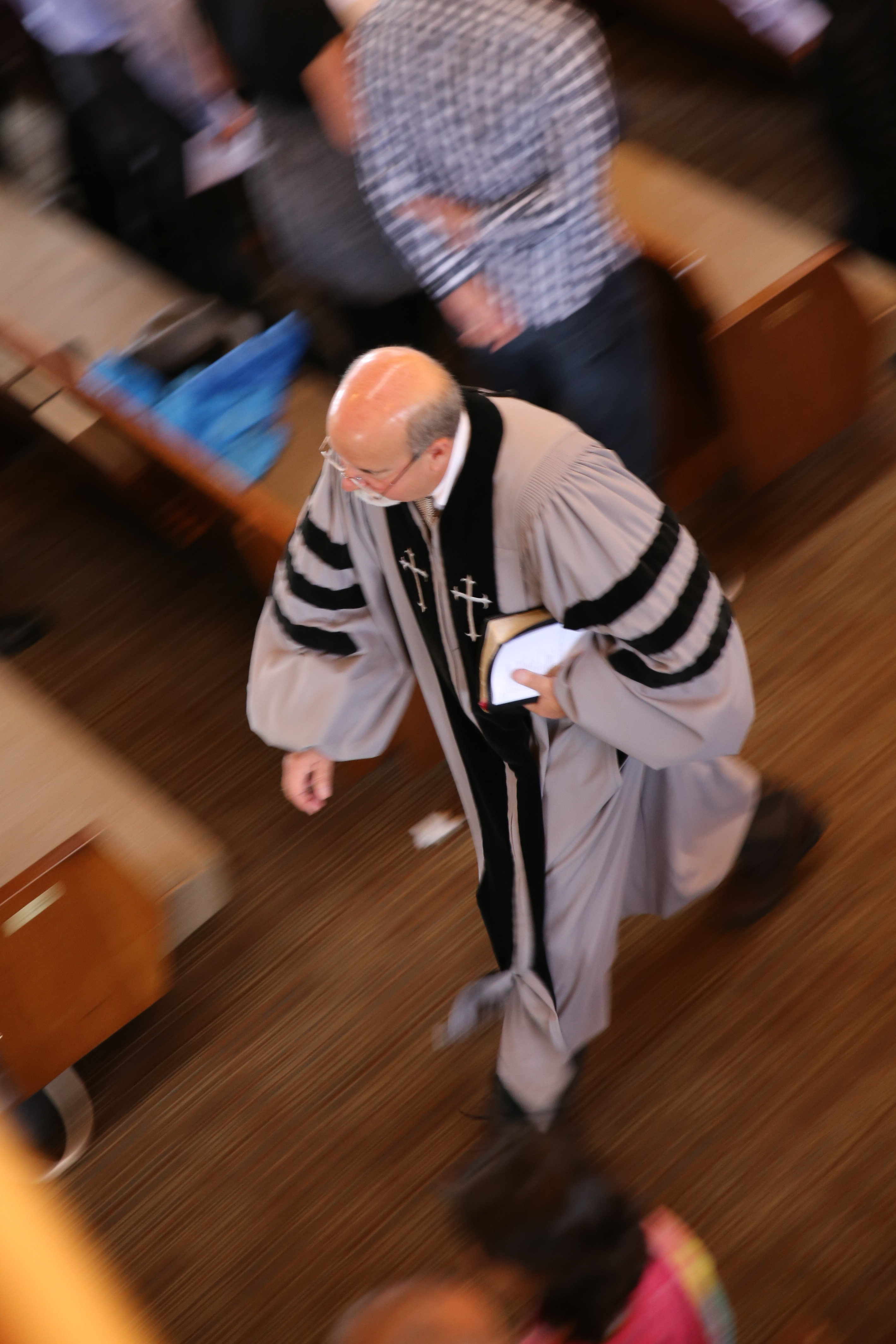Friday Night Academy Audio
 Sunday, February 21, 2016 at 04:46PM
Sunday, February 21, 2016 at 04:46PM  Here's the audio from Friday night's Academy lecture on the Reformed doctrine of the two kingdoms, entitled, In the Land of Nod: Which Came First, the Family or the State?
Here's the audio from Friday night's Academy lecture on the Reformed doctrine of the two kingdoms, entitled, In the Land of Nod: Which Came First, the Family or the State?
Living in Light of Two Ages
____________________________
 Sunday, February 21, 2016 at 04:46PM
Sunday, February 21, 2016 at 04:46PM  Here's the audio from Friday night's Academy lecture on the Reformed doctrine of the two kingdoms, entitled, In the Land of Nod: Which Came First, the Family or the State?
Here's the audio from Friday night's Academy lecture on the Reformed doctrine of the two kingdoms, entitled, In the Land of Nod: Which Came First, the Family or the State?
 Sunday, February 21, 2016 at 04:38PM
Sunday, February 21, 2016 at 04:38PM  The Story of David, Part 1
The Story of David, Part 1
On this program the hosts continue their series, The Story of God’s People, as we look at the great characters and moments of redemptive history. This week we’re beginning a two-part exploration of the life of David. Israel is in the Promised Land, but the people want a king like all the other nations.
While a tall and handsome Saul appears to fit the part, God chooses a young shepherd boy from Bethlehem. What is significant about David’s story, and how does it end up pointing us toward the eternal kingship of Christ? That’s what’s on tap this week on White Horse Inn as the hosts continue their series, The Story of God’s People.
 Tuesday, February 16, 2016 at 11:15AM
Tuesday, February 16, 2016 at 11:15AM 
The Third in a Series of Sermons on 1 Peter
If you are a believer in Jesus Christ, then you are also a citizen of the heavenly kingdom. Our heavenly citizenship also means that we are, in a sense, resident aliens in the land in which we live (in our case, the United States of America). In light of our dual citizenship, the question raised by our text is what, if anything, distinguishes us from the non-Christians around us? The answer to this question is to be found in the simple fact that Christianity is not a culture, but a system of doctrine. Generally speaking, Christians do not identify themselves by wearing a unique Christian costume (clothing, hairstyle, etc.). Or by eating or not eating certain foods. Or by withdrawing from daily life and keeping to ourselves in Christian communities isolated from the non-Christians around us. There are notable exceptions to be sure–but these are exceptions nonetheless. The Amish wear distinctive clothing and avoid modern “worldly” contrivances, the Seventh Day Adventists follow certain dietary laws, and there are orders in the Roman church which cloister themselves so as to be fully devoted to a life of contemplation, or to support vows of celibacy, poverty, or silence. But Peter mentions none of these things when writing his first letter to Christian exiles in Asia Minor. The Apostle exhorts Christian aliens to identify ourselves as citizens of heaven by our doctrine (what we profess about the Triune God) and by our conduct, (we strive to be holy as the Lord is holy). This is how we as Christians distinguish ourselves from the non-Christians around us–our doctrine and life.
As we continue our series on 1 Peter, we move further into the opening chapter where Peter describes how Christian aliens are to conduct themselves during their earthly sojourn. Peter is writing to a group of struggling Christians scattered throughout Asia Minor (Turkey). His readers/hearers had been displaced from their homes several years earlier as a result of a decree by the Roman emperor Claudius, who granted confiscated land to retired Roman soldiers in the regions mentioned by Peter. There is a sense in which all Christians are similarly “elect exiles”–the term Peter uses when referring to Christians hearing and reading this letter. What Peter says to those elect exiles uprooted by the Diaspora in the first century, also applies to us. How do we conduct ourselves as resident aliens in the modern world in light of Peter’s exhortation to those in first century Asia Minor to live holy lives ?
In the opening section of 1 Peter, the Apostle points to the final outcome of God’s grace in Jesus Christ (the salvation of our souls) as the means of encouraging struggling exiles during difficult times. Christians pilgrims should keep the big picture in mind (God will save us from our sins) during the time we must endure our earthly struggles. If the previous section of Peter’s letter focused upon our eternal hope and heavenly inheritance (vv. 3-12), then in our text (vv. 13-25) Peter deals with how Christians are to conduct themselves in this life, before they realize their heavenly inheritance in the next. Having the living hope which Peter described in verse 3–that God will preserve us through the same power manifest when he raised Jesus from the dead–how then ought we live in the here and now?
As we turn to our text, we should take note of the obvious change in subjects between verse 12 and verse 13, evident in Peter’s use of the conjunction “therefore” (dio). What follows (in vv. 13 ff) is an exhortation from the Apostle to take action based upon the previous unpacking of the gospel as the basis for the living hope which God’s people possess through faith in Jesus Christ. There are three imperatives (commands) given us by Peter. First, we are to fix our hope upon Jesus (v. 13). Second, we are to live holy lives which reflect the holiness of our creator and redeemer (vv. 14-16). Third, we are to live in the fear of the Lord, because the one we invoke as our Father is also judge of all the earth (v. 17-19).
To read the rest of this sermon: Click Here
 Monday, February 15, 2016 at 11:11AM
Monday, February 15, 2016 at 11:11AM 
Sunday Morning, February 14: We are taking a week off from our series on the Book of Daniel to ordain and install new elders and deacons. Our text for our ordination/installation service is 1 Timothy 3:1-16. Our worship service begins at 10:30 a.m.
Sunday Afternoon: We are continuing our study of the Heidelberg Catechism, and this week we'll be addressing Lord's Day 8 (Q & A 24-25), and discussing the doctrine of the Trinity. Our catechism service begins @ 1:15 p.m.
Wednesday Night Bible Study, February 17: We are going verse by verse through 1 Thessalonians. Our study begins at 7:30 p.m.
The Friday Night Academy: February 19: We continue with our series "In the Land of Nod." We are discussing the Reformed doctrine of the two kingdoms. In this lecture we address the matter of "Which Came First? The Family or the State." The lecture begins at 7:30 p.m.
For more information on Christ Reformed Church you can always find us here (Christ Reformed Info), or on Facebook (Christ Reformed on Facebook).
 Sunday, February 14, 2016 at 05:03PM
Sunday, February 14, 2016 at 05:03PM 
Here's the audio from this morning's sermon, the fifth in a series on the Book of Daniel: Click Here
 Sunday, February 14, 2016 at 04:47PM
Sunday, February 14, 2016 at 04:47PM Here's the audio from Friday night's Academy Lecture
 Sunday, February 14, 2016 at 04:38PM
Sunday, February 14, 2016 at 04:38PM  The Story of Moses (Part 2)
The Story of Moses (Part 2)
On this program the hosts continue their series, The Story of God’s People, as we look at the great characters and moments of redemptive history. In the story of Moses, we see God rescuing his people from slavery, atoning for their sin, and feeding them manna in the wilderness. Who was Moses and why was he such an important figure in ancient Israel? How does he relate to the rest of the Bible? What significance does he have for us?
When we look at his importance, it is essential to understand that these stories aren’t ends in themselves. They actually point our attention to Jesus Christ, who is the true Lamb of God, the true bread of heaven, and our ultimate liberator and redeemer. This week we will be wrapping up our discussion of the life and ministry of Moses. That’s the focus of this edition of White Horse Inn as the hosts continue their series, The Story of God’s People.
 Tuesday, February 9, 2016 at 10:07AM
Tuesday, February 9, 2016 at 10:07AM  The Second in a Series of Sermons on 1 Peter
The Second in a Series of Sermons on 1 Peter
Why does God allow his people to find themselves as aliens and strangers in their own land? How do Christians find joy in times of trial and suffering? What purpose can there in suffering such as this? Peter will seek to answer these questions by pointing his struggling readers and hearers back to the promises God makes to us in the gospel. We have been given a living hope grounded in the same power through which God raised Jesus from the dead, a hope to be realized in part in this life, but fully in the next. This hope is not just so many words, but is grounded in the fact that what the Old Testament prophets (and even angels) longed to see, has come to pass in the person and work of Jesus Christ and now the basis of the living hope promised to the people of God.
We continue with our new series on 1 Peter by undertaking a brief review of the ground we covered last time (Peter’s greeting in vv. 1-2), before we turn to our text (vv. 3-12), which is the Apostle Peter’s opening words of encouragement to the elect exiles of the Diaspora in Asia Minor (modern Turkey). As we saw last time–I would encourage you to listen to last week’s introductory sermon on the church website or my blog–Peter is writing to Christians and Jews throughout much of Asia Minor, many of whom had been uprooted from their homes by a decree from the Roman emperor Claudius, which granted land in this region to retired Roman soldiers. Many of those uprooted by Claudius’ decree were Christians (both Jewish and Gentile) who were viewed as exiles in their own land because they refused to worship the Roman gods (including Claudius), and because they would not participate in local pagan religious rituals, many of which were part of daily life in the Greco-Roman world.
The Apostle opens this letter by declaring, “Peter, an apostle of Jesus Christ, To those who are elect exiles of the Dispersion in Pontus, Galatia, Cappadocia, Asia, and Bithynia.” The Christians throughout the provinces mentioned were persecuted because of their faith in Jesus Christ. Although hated by their neighbors because of their Christian faith, Peter tells them they can take great comfort in the fact that they are loved by God who has chosen them in Jesus Christ, “according to the foreknowledge of God the Father.” Foreknowledge is not merely God’s knowledge of what will happen in the future, but refers to God’s intimate knowledge of the individuals whom he has chosen to save through the merits of Jesus Christ. God knows each of these people personally. He knows their trials and their suffering.
These “elect exiles,” as Peter identifies them, are chosen by God and said to be sanctified by the Holy Spirit, for the purpose of “obedience to Jesus Christ and for sprinkling with his blood.” Although Peter’s audience are now exiles in their own land, God has called his elect out from pagan darkness into the wonderful light of the gospel of Jesus Christ. The primary meaning of “sanctified” as used here by Peter means to be set apart by God for his purposes. In this case, those called by God through the gospel are sprinkled with the blood of Jesus (the guilt of their sins is washed away) and are set apart for obedience to Jesus, the one who saves them from their sins.
Peter’s greeting to these elect exiles is overtly Trinitarian. God’s people are not merely theists, but they are believers in the one true God who reveals himself as Father, Son, and Holy Spirit. Their belief in the Triune God, as well as salvation by the merits of Jesus Christ through the work of the Holy Spirit, marks these exiles off as citizens of a heavenly kingdom. They may live as exiles in the civil kingdom with its joys, duties, and dangers, yet they possess a heavenly citizenship for which they long, and which gives this life meaning and purpose. These elect exiles need to know that whatever suffering and persecution they experience during their time in exile during the Diaspora is actually preparing them to receive all of the benefits of their heavenly citizenship by strengthening their faith.
To read the rest of this sermon, Click Here
 Monday, February 8, 2016 at 10:42AM
Monday, February 8, 2016 at 10:42AM  Sunday Morning, February 14: As we continue our series on the Book of Daniel, we come to vv. 24-44 of chapter 2 and Daniel's interpretation of Nebuchadnezzar's dream. Our worship service begins at 10:30 a.m.
Sunday Morning, February 14: As we continue our series on the Book of Daniel, we come to vv. 24-44 of chapter 2 and Daniel's interpretation of Nebuchadnezzar's dream. Our worship service begins at 10:30 a.m.
Sunday Afternoon: We continue our study of the Heidelberg Catechism. Our topic this week is the source and character of faith from Lord's Day 7, Q & A 20-23. Our catechism service begins @ 1:15 p.m.
Wednesday Night Bible Study, February 10: We begin our verse by verse study of 1 Thessalonians. Our study begins at 7:30 p.m.
The Friday Night Academy: February 12: We continue with our series "In the Land of Nod." We are discussing the Reformed doctrine of the two kingdoms. This week address the possibility of "Christian" nations in the new covenant era and then we will discuss the importance of Christians as "good citizens." The lecture begins at 7:30 p.m.
For more information on Christ Reformed Church you can always find us here (Christ Reformed Info), or on Facebook (Christ Reformed on Facebook).
 Sunday, February 7, 2016 at 05:09PM
Sunday, February 7, 2016 at 05:09PM 
Here's the audio from this morning's sermon: Click Here